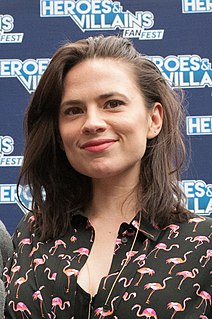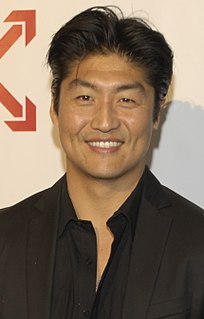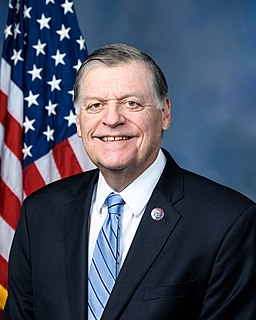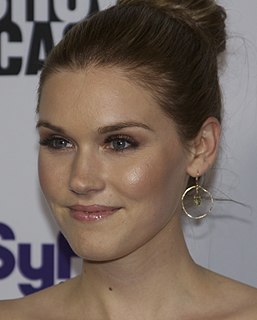A Quote by Marc Forster
One of the main reasons I wanted to work on 'World War Z' was because I'm a huge fan of the book, and I love the idea of taking a non-linear story and creating a three-act structure out of it.
Related Quotes
The editor, Stephen Segal, actually called me with the idea of creating an accordion book [ "The Thorn & The Blossom"], and asked if I could write a story for it. I was so intrigued! I immediately knew that it had to be a love story told from the points of view of the two main characters. Right away, I started working on a proposal. And once I had my main characters, Brendan and Evelyn, it was as though they started telling me their stories.
I've been making films with almost no dialogue (laughs), so sound and music become a very powerful character to tell the story. It's almost like with sound and music and images, it's your tool to tell the story, especially when I decide to structure the film in a way that usually goes against the conventions of the three-act structure which most films are made out of.
The format of the book was the idea of my wonderful editor, Stephen Segal. Stephen and I had worked together before, on projects for the Interstitial Arts Foundation, and when he got the idea for an accordion-style book, he called and asked if I could write the story for it. I told him that I would love to try! And I knew it had to be a love story, because that's the sort of story you really want to hear from both perspectives. I mean, imagine if Pride and Prejudice were told from Darcy's perspective as well as Elizabeth's. It would be quite a different story!
With a book called 'Keeping Score,' I really did want to write a book about the Korean War, because I felt that it is the least understood war in the American cultural imagination. So I set out with the idea that Americans didn't know much about the Korean War and that I was going to try to fix a tiny bit of that.



































